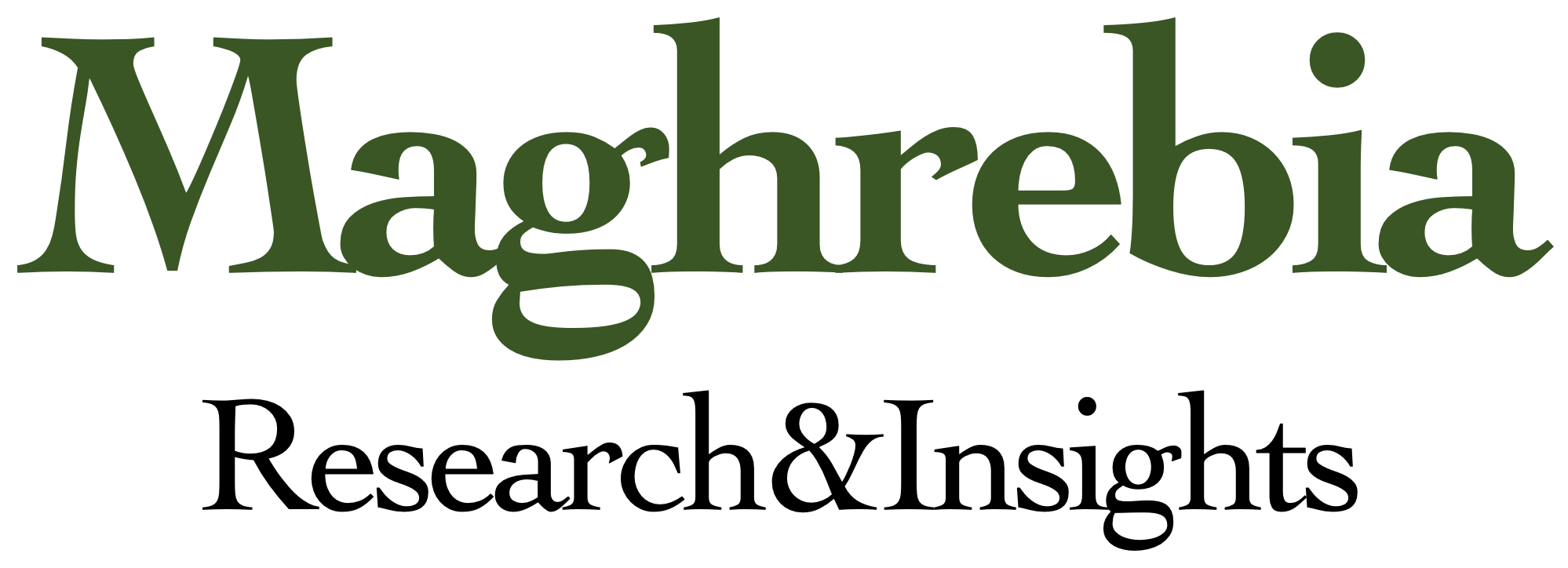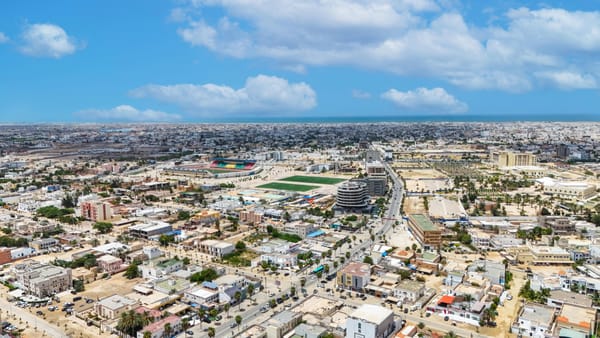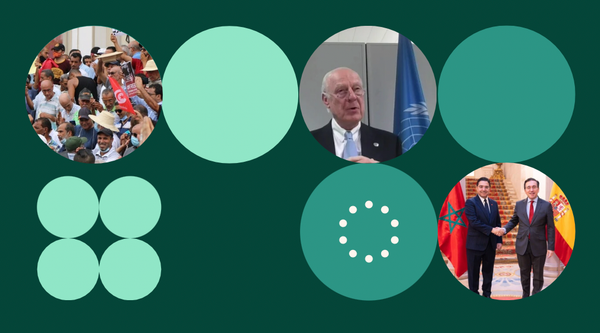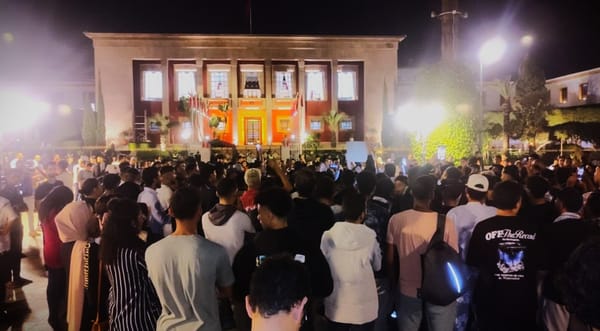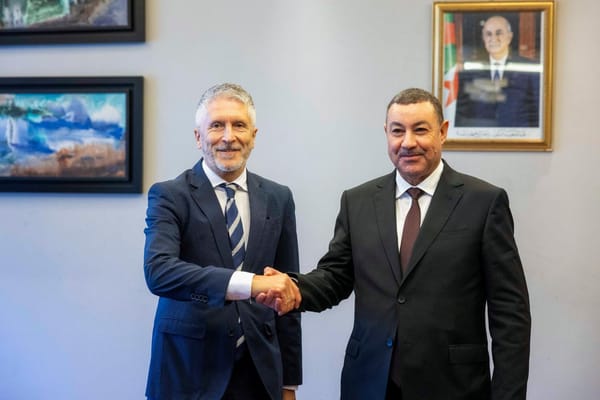#6months of Morocco
NEWSLETTER. Strengthening international support; combating terrorism and crime.

What happened.
Trump's arrival in the White House was excellent news for Rabat because, although Morocco will not be exempt from the wave of tariffs announced by the new administration, the new president strongly supports its claims over Western Sahara. Trump recognized Moroccan sovereignty over the territory at the end of his first term, a recognition that Biden did not revoke.
Similarly, France strongly reaffirmed its recognition of Moroccan sovereignty last year. Education Minister Rachida Dati's and Senate President Gérard Larcher's visit to the territory, as well as France's promise of more than €150 million in development aid to the "southern provinces," represent new steps in France's firm support for Rabat's claims. Additionally, Paris is leveraging the excellent state of bilateral relations to boost trade and plans to secure contracts for infrastructure construction for the 2030 World Cup.
However, these contracts do not currently involve co-organizer Spain, despite the good relations between the two countries. This is evident from Foreign Affairs Minister Nasser Bourita's visit to his counterpart in Madrid and Morocco's assistance to Spain during the blackout that left the entire Iberian Peninsula without power. The Spanish government warmly welcomed this assistance.
Morocco continues to gain international support for its autonomy proposal for Western Sahara, with South Korea and Kenya joining the group of countries that support the Moroccan proposal as the main solution to the dispute.
King Mohammed VI met with representatives of the three states of the Alliance d'États du Sahel (AES) - Mali, Niger and Burkina Faso - to reiterate his 'Atlantic Initiative', Morocco's offer to these three countries to provide them with access to the ocean through the port of Dakhla, coinciding with the deterioration of these countries' relations with Algeria due to the downing of a Malian drone.
In the realm of domestic politics, Moroccan intelligence and police services have achieved notable successes in operations targeting terrorism and drug trafficking. In February, the DGSN-DSGT dismantled a Daesh-linked network that was preparing to attack members of the security forces, strategic installations, and foreign interests in various parts of the country. The network had acquired weapons and explosive devices for these attacks. Regarding drug trafficking, police forces, in collaboration with neighboring countries, located a tunnel used to smuggle hashish to the Spanish city of Ceuta. They also seized 3 tonnes of hashish and more than 180 kilograms of cocaine hidden in trucks attempting to cross the Guerguerat border with Mauritania.
What's next.
Trump's presence and the support that Rabat has received from different continents in recent months represent a significant boost. Rabat's stance is strengthened, and its intense diplomatic activity is rewarded. This success will likely lead Rabat to increase pressure on other countries and achieve further recognition in the coming months.
Meanwhile, Sahrawi claims are losing momentum on the international stage. The military campaigns carried out since the 2021 ceasefire end have received little media coverage. Its alleged participation in the Syrian civil war alongside the Assad regime will weigh heavily on its narrative of legitimacy and may cause it to lose international support by aligning it with Iran and its proxies.
Algeria, the main supporter of the Sahrawis, has engaged in an intense diplomatic confrontation with France since Macron took a firm stance in support of Morocco's position and recognized its sovereignty over the territory. This clash also involves other bilateral controversies, such as the imprisonment of Boualem Sansal, Algeria's refusal to accept returnees from France, and the exchange of accusations over decolonization.
Moroccan and Algerian state-backed media continue to trade daily reproaches and accusations in an attempt to influence their citizens and increase nationalism, which is spreading rapidly through social media.
The only issue that could overshadow the positive news concerns Morocco's recent normalization of relations with Israel through the Abraham Accords. In collaboration with the Netherlands, Rabat hosted the fifth meeting of the International Alliance for the Implementation of the Two-State Solution, trying to show itself as a strong supporter of the Palestinian cause. This occurred amid growing internal opposition about the Israeli presence during the African Lion military exercises (organized by the U.S.) and amid a particularly harsh context regarding the situation in Gaza. This will force Rabat to maneuver skillfully to avoid social protests on a particularly sensitive issue.
